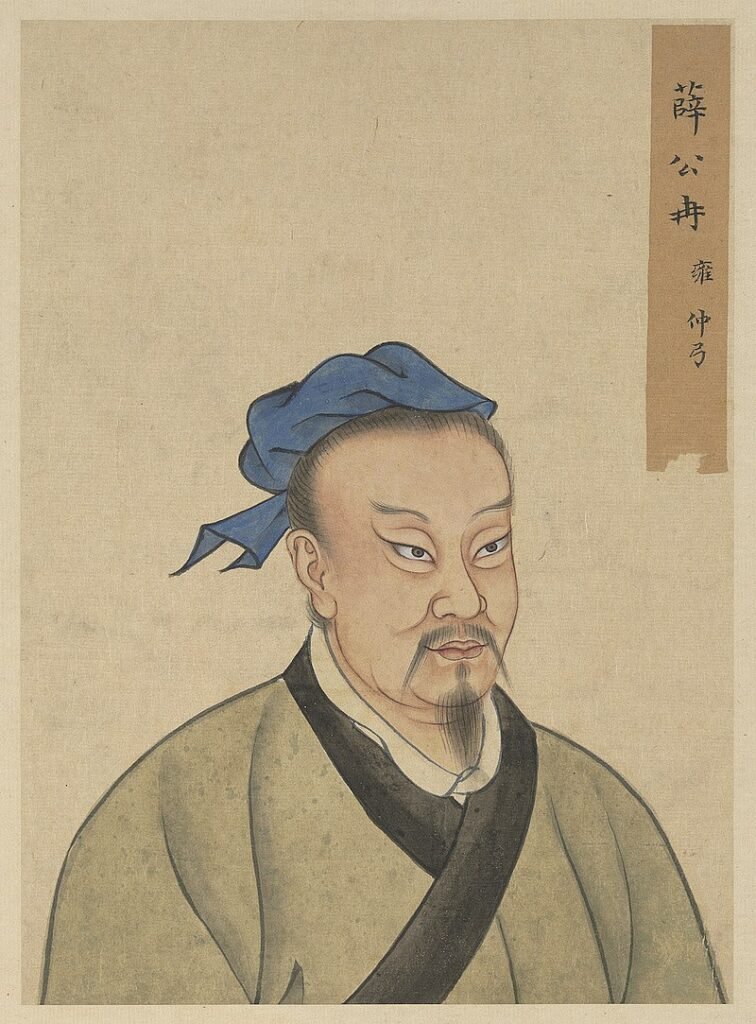孔門十哲 The Ten Disciples of Confucius

冉雍 Ran Yong
Ran Yong (506 BC – 437 BC), courtesy name Jixuan, was a politician and philosopher in the State of Lu during the Spring and Autumn period. He was also one of the students of Confucius. He played a significant role in the development and transmission of Confucianism, and is revered as one of the representative figures of the Confucian school.
冉雍 Ran Yong
Ran Yong (506 BC – 437 BC), courtesy name Jixuan, was a politician and philosopher in the State of Lu during the Spring and Autumn period. He was also one of the students of Confucius. He played a significant role in the development and transmission of Confucianism, and is revered as one of the representative figures of the Confucian school.
Biography
Ran Yong received wide acclaim for his exceptional wisdom and moral cultivation. He played a significant role on the political stage of the State of Lu, holding various positions such as Grand Minister of Justice and Grand Historian. He dedicated himself to the reform and development of the country, proposing a series of policies and measures aimed at enhancing governance capacity and promoting social harmony. He emphasized the cultivation of ethical virtues, advocating benevolence and loyalty as core values, and stressing that leaders should lead by example and inspire the people with their moral prestige.
Ran Yong also made outstanding contributions to the development and transmission of Confucianism. He organized and compiled the teachings of Confucius, systematically transmitting his ideological framework and providing crucial reference for future Confucian scholars. He emphasized personal cultivation and the development of moral qualities, advocating the pursuit of moral perfection and self-transcendence, thereby influencing and transforming society.
Ran Yong’s thoughts and contributions had a profound impact on later generations. His teachings and ideas became an important part of the Confucian school of thought and made significant contributions to the development and transmission of Chinese culture. He is revered as one of the important representatives of the Confucian school, and his name and deeds are celebrated and respected by posterity. His thoughts and values have had a profound impact on Chinese traditional culture and social ethics, and they continue to hold important significance to this day.



